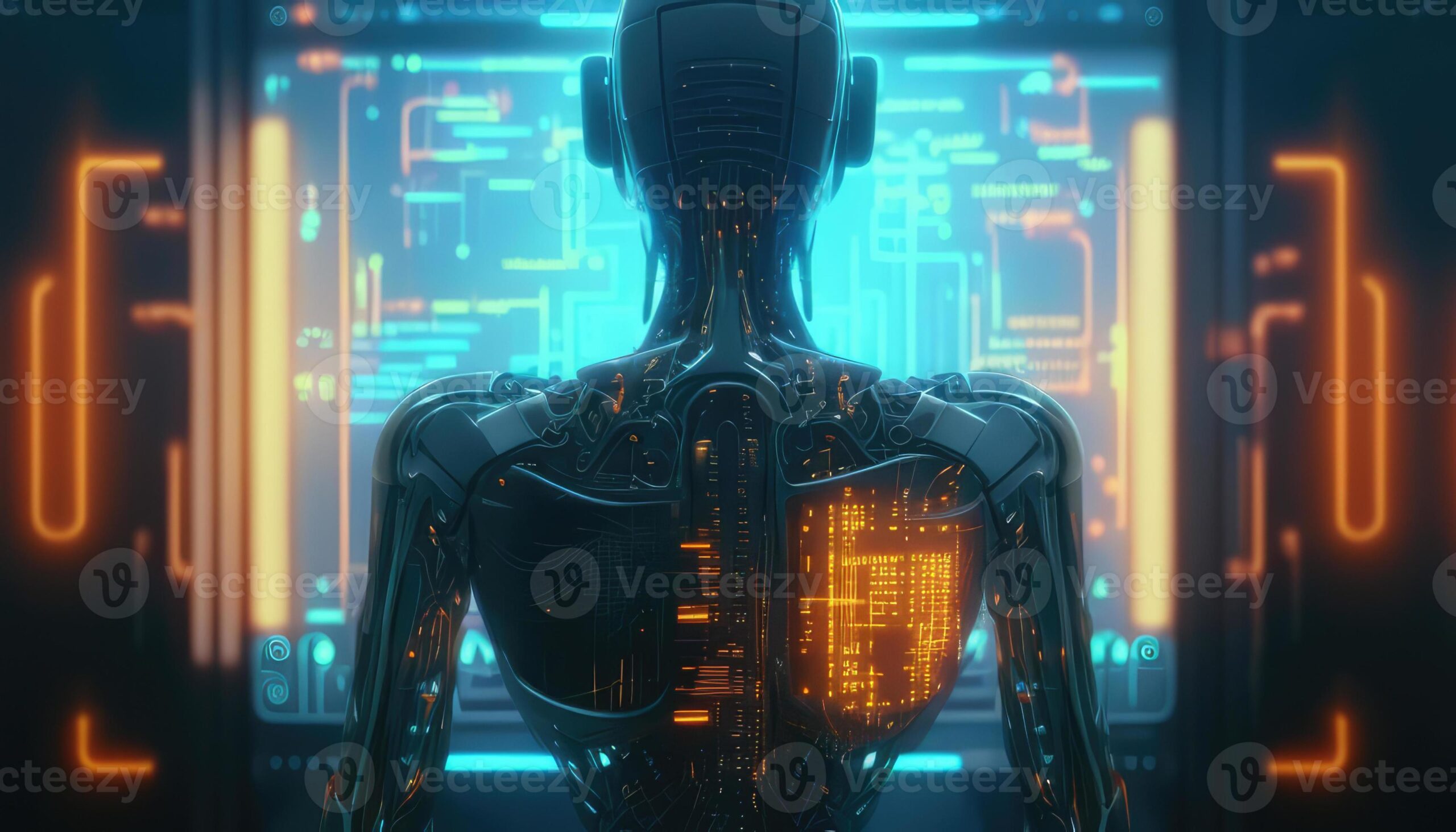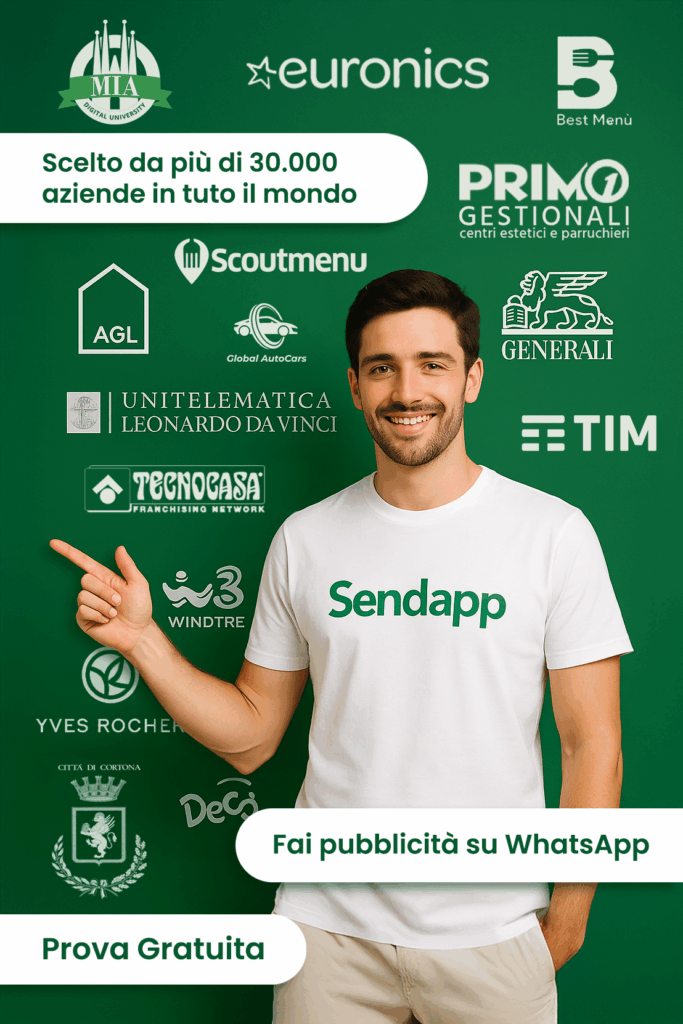GPTBot by OpenAI: Revolutionizing Artificial Intelligence Programming
Innovative Tools for Programming
In the last few months, we have had the Revolution in Artificial Intelligence Programming. This transformation is not about to stop, as new tools constantly emerge to offer advanced solutions. So far, Microsoft has dominated the industry with its offering, GitHub Copilot, while a strong competitor is Amazon CodeWhisperer. However, one should not underestimate the usefulness of OpenAI's ChatGpt, which has been a point of reference for many programmers. In August, Google launched Duet to the public, a versatile option that goes well beyond the domain of developers. At the same time, Meta introduced CodeLlama, an open and free alternative.
 Boost Productivity with Copilot, CodeWhisperer and ChatGpt
Boost Productivity with Copilot, CodeWhisperer and ChatGpt
Let's start by exploring current tools that are already changing the game. Antonio Cisternino, a well-known computer science researcher at the University of Pisa, shared his experience with Copilot: “For several months, thanks to Copilot, I have been able to write half the code, especially the repetitive and boring code. ChatGpt, on the other hand, proves to be a valuable aid in creating documentation, an equally tedious activity. This allowed me to develop a library in just three days, compared to the month it would have previously taken me.” Copilot offers real-time suggestions and generates pieces of code, all based on the current context. While it may require some revisions, the time savings are significant. Copilot is available for 10 dollars per month for regular users or 100 per year, while for companies there is a business plan for 19 euros per month per person, with advanced features. A 30-day free trial is available. Similar to Copilot is Amazon CodeWhisperer, which supports 15 popular programming languages like Python, Java, and JavaScript, and is currently free. GitHub Copilot, on the other hand, has been trained on a wide range of languages from public repositories, which influences the quality of the suggested code.
Google's Innovative Approaches with Duet and Meta with CodeLlama
Google and Meta come into play, each with a distinctive approach. Google has integrated Duet within the development ecosystem, while Meta has adopted an open approach for its generative artificial intelligence, differentiating itself from Microsoft and Google. Duet offers comprehensive assistance to programmers, covering the development lifecycle: from writing code, citing sources, testing, designing, and even publishing APIs. This tool can be integrated as a plugin into common development environments, such as Microsoft VSCode and JetBrains IDEs. Duet requires a $30 per month subscription, offering versatile features beyond simple programming. CodeLlama, for its part, is not simply a product, but a flexible model. It is able to generate code and natural language both from specific code requests and from natural text. It supports multiple languages, including Python, C++, Java, and more.
 Perspectives for Programmers and Industry
Perspectives for Programmers and Industry
According to Antonio Cisternino, the future of programming promises to be different from what has been known so far. It is expected that the role of the programmer will evolve in a more creative direction, approaching the video game model, in which a few expert programmers will be supported by creative professionals such as artists, designers and graphic designers. However, there is a risk of relying too much on artificially generated code, which could lead to buggy and vulnerable programs. A study conducted at Cornell University demonstrated that ChatGpt, GitHub Copilot, and Amazon CodeWhisperer generate correct code in 65.2%, 46.3%, and 31.1% cases, respectively. These tools certainly represent progress, but they require critical evaluation. Companies will be challenged to redefine their methodologies to collaborate with artificial intelligence more effectively and to find solutions to improve the accuracy and debugging capabilities of these new tools.
 Innovation and Responsibility in the AI era
Innovation and Responsibility in the AI era
The introduction of OpenAI's GPTBot is redefining how programmers tackle everyday challenges, opening up new creative horizons. However, the industry faces ethical and practical issues, striking a balance between adopting advanced tools and ensuring high-quality results. With a detailed overview of the various products available, from features to costs, programmers can make informed decisions on choosing the tools best suited to their needs and help shape the future of programming.







